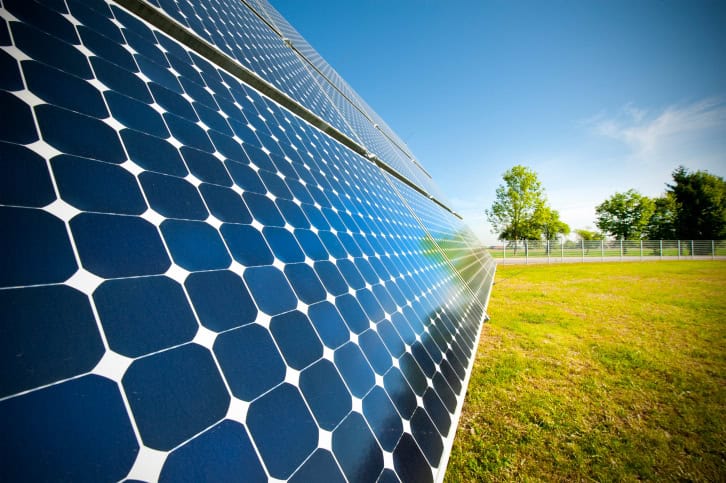The first case of a Chinese company default has emerged at a time when a growing number of Chinese firms are suffering under a sea of debt. Shanghai Chaori Solar Energy Science & Technology, a solar panel maker, has defaulted on interest payments it owed on its onshore corporate bonds, local media have reported today.
To default means to fail to pay back a debt.
On Tuesday, February March 4th, the company announced that it was not going to be able to meet the $14.6 million (89.8 million yuan) interest payment on a 2012 bond issue of 1 billion yuan ($163 million).
Chaori, which makes energy cells to convert sunlight into electric power, is attempting to sell off some of its plants abroad to raise money to meet the debt payment, according to Vice-President Liu Tielong.
According to the most recent data on Chaori’s financial transactions, as at the end of June, 2013, the company had failed to pay twelve banks nearly 1.5 billion yuan ($244 million) of loans on time.
Government action regarding Chinese company default
Investors within China and around the world are watching to see whether the Chinese government will intervene. Most people have so far believed that the government would bail out any Chinese company that defaulted on payments.

However, as nothing has been announced so far, it appears that Chinese authorities are allowing Chaori to free-fall on its own.
Since the global financial crisis, there has been an enormous increase in the number of Chinese companies whose debt is double their equity. Analysts say this first bond default within China will not be the country’s last.
There has been a 57% increase in the number of publicly traded non-financial firms with debt-to-equity ratios of more than 200%, from 163 in 2007 to 256 today. Debt-to-equity ratio is a measure of the relationship between capital originating from creditors and capital that comes from stockholders.
Chinese government trying dispel a myth
In an interview with the BBC, Leland Miller, president of China Beige Book, a research firm, said “There’s never been a corporate bond default, [so] investors have been conditioned that there is no such thing as risk in China. The Chinese leadership is trying to break down this misunderstanding that everything is backstopped.”
Chaori says it will pay $654,000 (4 million yuan) of the interest payment which is due on the 1 billion yuan bond – well short of the amount required.
So far, state-owned banks or the Chinese government have bailed Chinese companies out, or provided eleventh-hour loans.
Investors have placed considerable funds in Chinese corporate bonds, believing that they would be bailed out should a default occur. Over $1.5 trillion of corporate bonds were outstanding at the end of January.
No amount of money would cover a Chinese company default flood
Should many Chinese companies start defaulting now, there is not enough money globally to plug the gap. Perhaps the Chinese government has decided to become more selective in deciding who to help, knowing that if the floodgates opened, it would not be able to cope.
The Chinese solar industry has grown rapidly over the last few years on the back of local government support and cheap financing. This has led to a serious overcapacity problem and a steep fall in prices.
The Chinese government recently said the industry needs consolidating, i.e. some companies need to merge and the weaker ones weeded out naturally.
Outside China, some solar panel makers have defaulted on their corporate bonds, such as LDK Solar, located in Xinyu City, Jiangxi province, but registered in the Cayman Islands.
Bloomberg Businessweek quoted Li NIng, a bond analyst at Haitong Securities Co., Shanghai, who said (about China) “We may see other bonds default this year. If it’s a default by a financial institution, it may turn into an extreme situation somewhat like the collapse of Lehman Brothers.”

